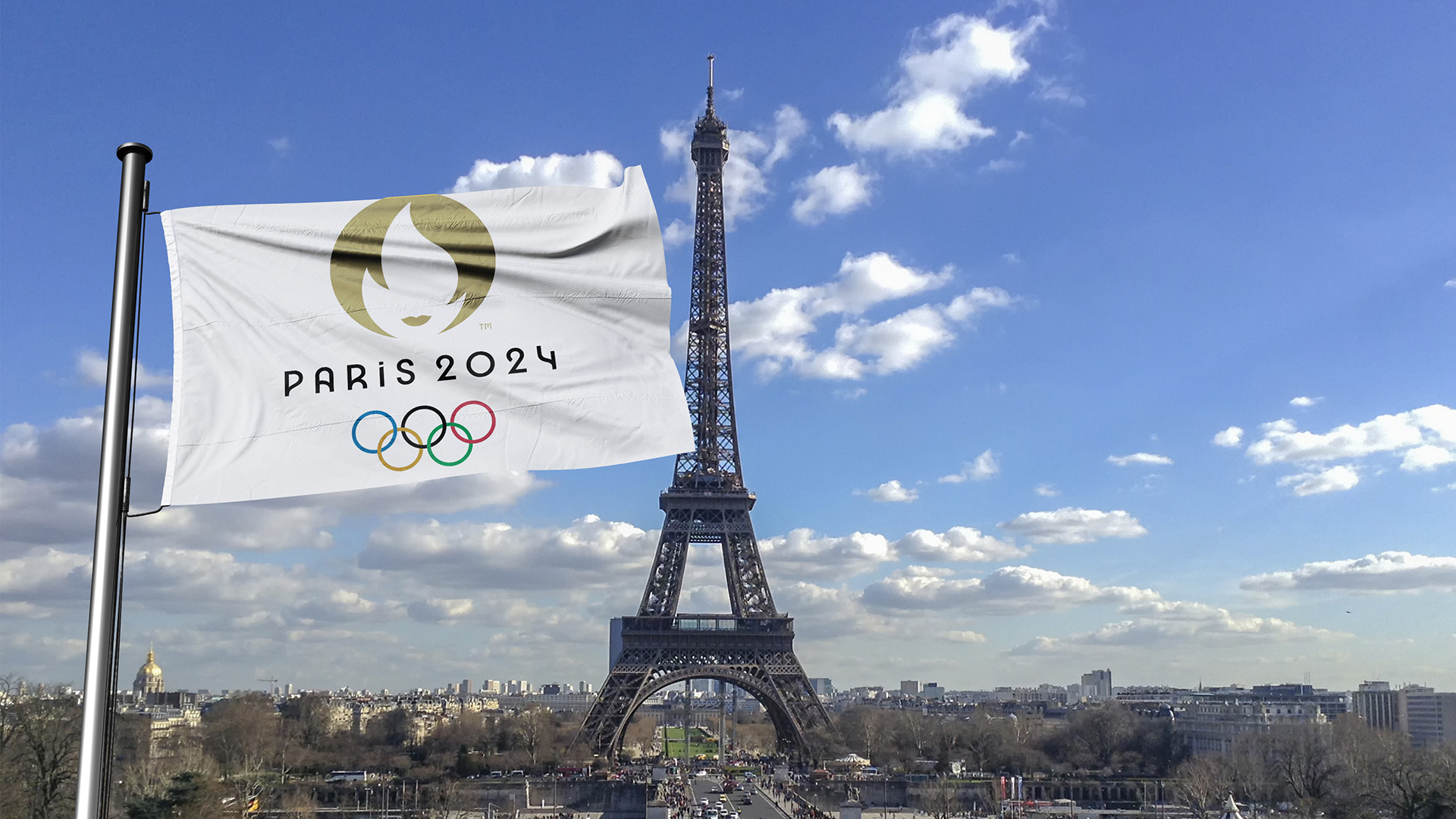
For the first time in Olympic history, just as many women athletes will compete in Paris as men. Organizers of the 2024 games are celebrating this achievement in reaching gender parity. It’s a milestone that shows just how far the world event has come since the last time the Olympic Games were held in the French capital a century ago, says Hank Boyd of the University of Maryland’s Robert H. Smith School of Business.
“In the arc of 100 years, we finally have gender parity,” says Boyd, a clinical professor of marketing and assistant dean for civic engagement at the Smith School. “From Paris 1924 to Paris 2024, we can see the rise of women in sports, which is an idea whose time should have already come.”
In Paris 1924, only 135 women out of 3,089 athletes – a mere 4.4% – took part in the Olympics, and in only a few events such as swimming and tennis. This year, women make up half of the competitors, and they are garnering the most attention.
“The stars of this Olympics are women,” says Boyd. “Women have earned the spotlight at the Paris 2024 Games.”
Simone Biles and the women’s gymnastics team. Katie Ledecky in swimming. At least eight women from the University of Maryland are competing in Paris, including three Smith grads on the U.S. women’s field hockey team: Kelee Lepage ’20 and sisters Brooke DeBerdine ’21 and Emma DeBerdine ’23.
Then there’s the biggest missed opportunity of this Olympics, says marketing professor Roland Rust: leaving superstar Caitlin Clark off of the women’s basketball team.
Rust, a Distinguished University Professor and the David Bruce Smith Chair in Marketing, laments that not including her in this year’s Olympic games was “a marketing blunder if ever there was one.” Boyd agrees.
Clark shows just how much one woman can impact a sport, Boyd says. Her star power skyrocketed interest in women’s basketball, selling out arenas and boosting revenues in what has been dubbed the Caitlin Clark Effect. The WNBA rookie with the Indiana Fever has helped drive ticket sales for the whole league, with sales up 93% over last year, according to a report from StubHub.
“Caitlin Clark has done wonders for the sport of women’s basketball. People are now tuned in, young girls are inspired,” says Boyd. “Going forward, it’s clear how much individual athletes can create excitement for women’s sports and have lasting impact.”
This year’s superstar female Olympians can spike interest in other sports the way Clark has done for basketball, says Boyd. He and Rust say marketers should seize the opportunity to highlight women.
“I think it would behoove marketers to use this Olympics to showcase uplifting narratives about overcoming challenges and winning to reach consumers, particularly women,” says Boyd.
He says the way they reach consumers will happen on more platforms now, as more people will watch events on mobile devices than ever before and all events will be streamed on NBCUniversal’s Peacock, in addition to prime-time coverage on NBC broadcasts networks.
Even with audiences tuning in at different times, across different platforms, Boyd expects plenty of excitement for the games.
“I still see the Olympics as a great galvanizing force,” he says. “There are only a few platforms where the world turns in and the Olympics is definitely that platform for national pride.”
In the Paris Games in 1924, the United States dominated the medal count, says Boyd. “I’d like to see the same 100 years later. But this time, we’ll be crushing it because of women.”
Media Contact
Greg Muraski
Media Relations Manager
301-405-5283
301-892-0973 Mobile
gmuraski@umd.edu
Get Smith Brain Trust Delivered To Your Inbox Every Week
Business moves fast in the 21st century. Stay one step ahead with bite-sized business insights from the Smith School's world-class faculty.